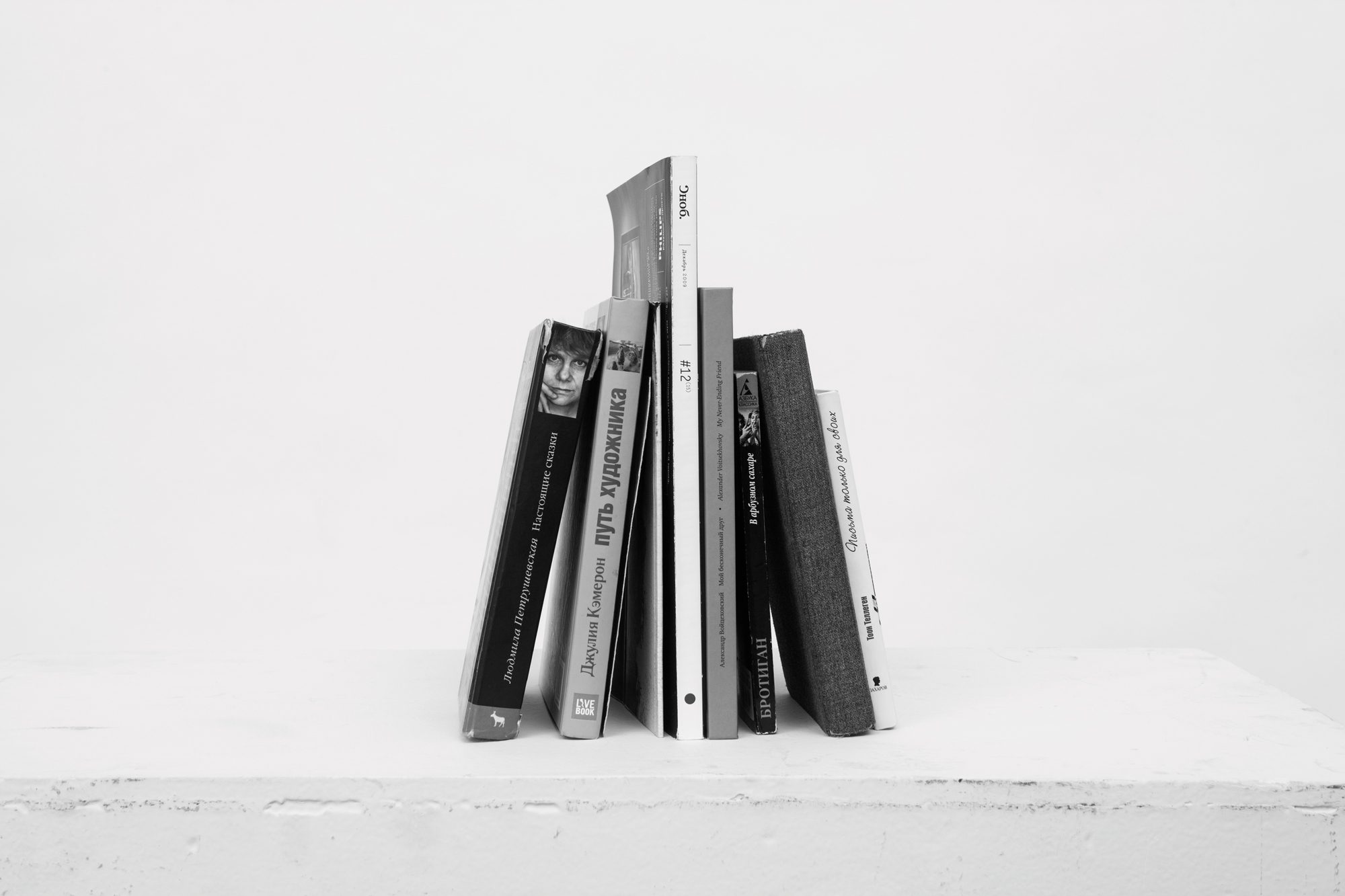Alternative Revolution
by Rebecca Tan
by Rebecca Tan
With a silvery, almost indiscernible signboard, The Projector is a gem ripe for uncovering. Navigating our way up Golden Mile Tower to this recently renovated cinema house, it feels uncannily like we have just been let in on one of the island's best-kept secrets. Launched in 2014, The Projector is an independent cinema that strives to provide a genuine alternative to today's commercialized movie experiences.
They offer more carefully curated films, which include new independent releases, foreign-language films and cult hits such as Tom Ford's dreamy directorial debut, A Single Man.
Beyond the screen, The Projector also experiments with space and heritage to fulfill their manifesto. Once the biggest cinema in Singapore and Malaysia, Golden Theatre has been reinvented from its 1973 design into two versatile screening rooms: the Green Room, a single-screen cinema hall with 220 seats and the Redrum (pronounced "red room", inspired by Kubrick’s The Shining), which comprises a stage, 150 cinema seats and amphitheatre-style seating with 30 bean bags.
On the Sunday we speak to Assistant Director, Michelle Goh and Head of Marketing, Jerome Chee, The Redrum's versatility is clearly and impressively demonstrated. Playing host to The U Symposium, Asia's inaugural convention for independent publications, The Projector's fifth level box office is transformed into a bustling exposition of print enthusiasts. We try to find a quiet place to talk, ending up first in the theatre, then in the projection room. "Is the whirring okay? I am so sorry, we are just so packed today," explains Michelle.
Most people are drawn to The Projector for its conceptual undertakings and inventive approaches. However, when we speak to the team, it becomes clear that what is truly phenomenal about this enterprise is the simple fact of its execution; the fact that it is a core group of just four people who launched The Projector and continue to maintain it. Reinventing cinema is at once exciting, laborious and honorable work. Michelle and Jerome from The Projector take us through the details.
How did The Projector come about?
M: The three founding people were Karen Tan, Sharon Tan and Blaise Trigg-Smith. Karen's company, Pocket Projects, works on renewing new spaces. They worked on the Lorong 24A Shophouse series in Geylang where they invited different architects to redesign a row of eight conserved shophouses. When Karen came across this old cinema house through an architect who has an office in Golden Mile Tower, she just fell in love with it. Meanwhile, she had also always felt that there was a need to have an independent cineplex in Singapore, so this was how the idea for The Projector was born—as a combination of her love for film and her love for spaces.

What are everyone's respective roles?
M: I deal primarily with the programming of the shows, which involves a lot of administrative and research work. Most of my time is spent working out the timetable, looking for appropriate films and trying to find a cohesive programme for the cinema. We also have another programmer, Gavin Low from Luna Films, but he is not usually here because he is busy watching premieres, and going to festivals. He usually takes charge of seeking out new, up-and-coming movies, while I organise the more thematic showings, like the Coen brothers series we just did.
However, there is a lot of other work to do besides organising the screenings. We have to maintain the web pages, write blurbs, do up promotional artwork et cetera. Jerome, who is in charge of marketing comes up with the content for all these areas.
Sharon is the overall manager of The Projector. She oversees everything, manages relations with event organisers and ensures that everything is running smoothly.
We all have our individual roles but everyone doubles up with the smaller jobs as well. We take turns to do ticketing at the front of house, give out flyers for publicity and physically mend the projector.
What has been the biggest challenge?
J: Definitely manpower. We experience a lot of troubleshooting and while we are in the middle of trying to resolve one crisis, there always tends to be something else cropping up.
M: Yea, it is challenging to operate at such a smaller scale than commercial cinemas like Golden Village. However, I also think that this is what makes the experience we offer more personal. Our office is at the foyer of the cinema, so that is where we work but it is also where our patrons come in for screenings. Over time, repeat patrons start to recognise us and a relationship is formed. What really sets us apart is that we care about the films we show, which is something I think people appreciate.
Another big challenge is publicity. I think many people in Singapore see local theatres as being very commercial. They assume that the only options are Cathay and Golden Village, which are all showing the same Hollywood blockbusters. Getting people to know that we exist is a big priority right now.
How do you guys decide what films to bring in?
M: We like to think of ourselves as a place where you can come and watch a good film, regardless of where it is from or who it is done by. We are not fixated on bring in obscure, indie films because we recognise that Hollywood does produce its share of quality cinema.
Many of Hollywood's better releases are brought into commercial cinemas here, but they are only run for a couple of weeks. Birdman, Mr. Turner, Map to the Stars—these are great films, so what we want is to give them more airtime.
J: Our curator, Gavin, also does a lot of research for the programming. He selects films that have won awards, achieved critical acclaim and been featured in various film festivals. So while we are open to a variety of films, there are also pretty rigorous standards which we apply.
M: Yup, and that is just for the Green Room programming. We have two different theatres which bring in films on two different sets of ethos. The Green Room brings in films which have achieved some form of critical acclaim while the Redrum is where we show more classic films, cult hits, films we feel deserve to be on the big screen again.
J: Just to give you an example, we are showing The Big Lebowski next Friday. It is a very fun film with Jeff Bridges, Steve Buscemi, and we are encouraging people to come down dressed as Lebowski, in their bathrobes, slippers and all. Our aim is not just to feature alternative films, but to create a cinematic experience that is fun and interesting.
M: Yea, going to the cinema used to be so much more of an event. When we show these older movies, it is not just because they still look amazing on the big screen but because we want to reference how cinema used to be consumed in the past and rebuild the kind of joy that people had when they first went to the Talkies.

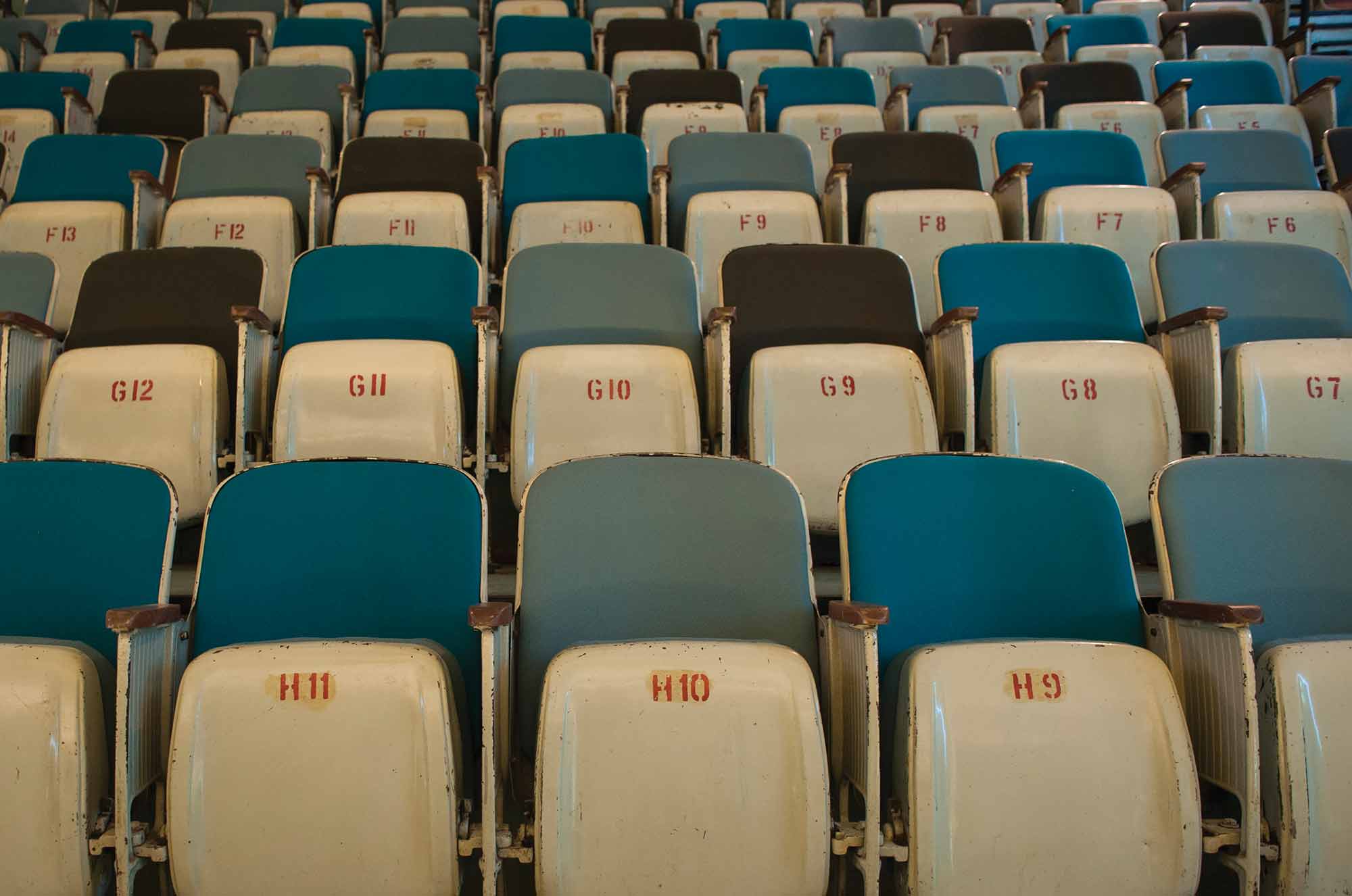
Why do you think films ought to be watched on the big screen?
J: It is an entirely different experience. Take for example, Stanley Kubrick's 2001: A Space Odyssey. That is just a film that you cannot watch on your laptop. You are not going to get the full visual effect, and you are not going to get that lovely soundtrack, the beauty of The Blue Danube, through your headphones.
M: It is also about sharing the film with people, laughing together, being emotional together. Also, because the theatre is such a dark space, there is a smaller chance of you getting distracted. You are more focused on the film and you are seeing the film as the director and filmmaker intended it to be.
Has censorship been a problem?
M: We abide by the rules of the Media Development Agency. Whatever the larger cinemas undergo, we do as well. The only issue is that even though we are smaller and we do not bring in millions of dollars in profit, we still have to pay the same amount of censorship fees for each film we feature. It is less an issue of creative direction, than it is of cost.
J: Yea, the censorship laws are just something we live with. I do not think it is a situation which is unique to Singapore either, so we just accommodate the best we can. Anyway, there is no shortage of good films. For every film that we are not allowed show, there are lots more that are as interesting but make the cut.
What would you say to people who feel alienated by alternative films?
M: There is a common misperception that we are an art-house cinema, but we are not. We do not just show profound, difficult movies. Stuff by the Coen brothers for example, is pretty light-hearted.
J: Oh man, A Serious Man is seriously funny.
M: Yeah, Intolerable Cruelty has got George Clooney, Catherine Zeta Jones and its really enjoyable.
J: We strive to appeal to a diversity of tastes. We do not want to be a super niche cinema that only serves an uppity crowd. We want it to be fun while at the same time, appeal to a thinking man's choice of cinema. Film is meant to be an accessible art form.
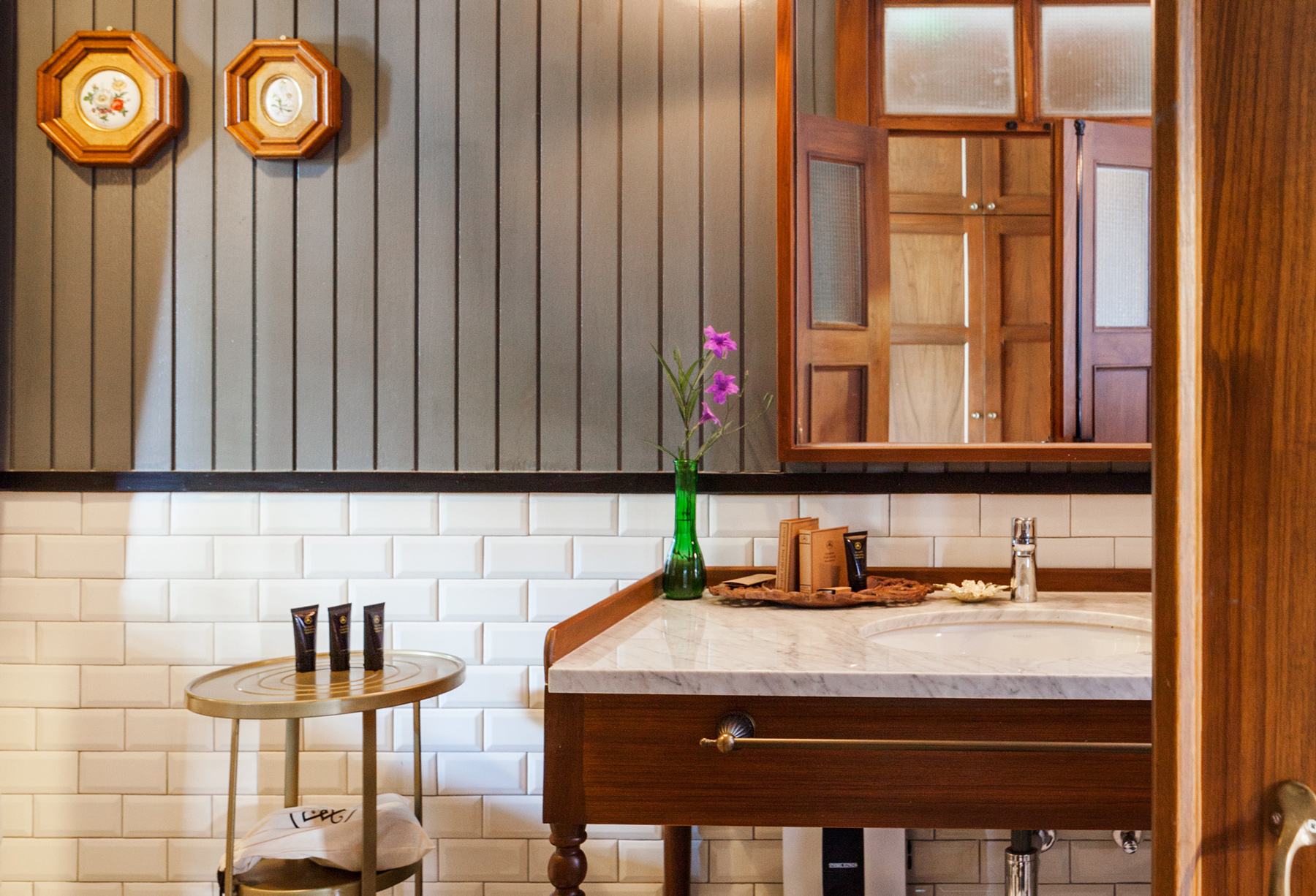
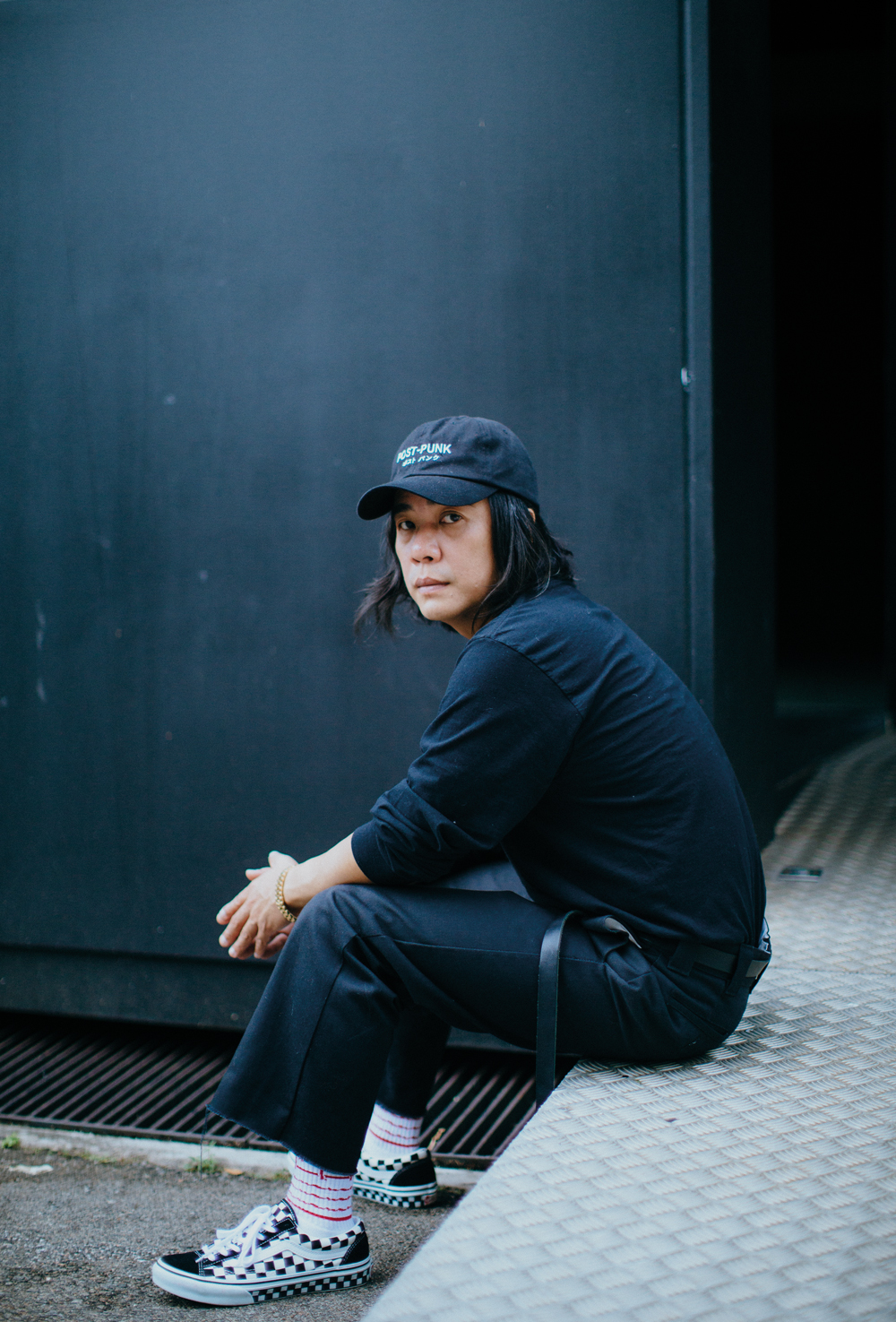
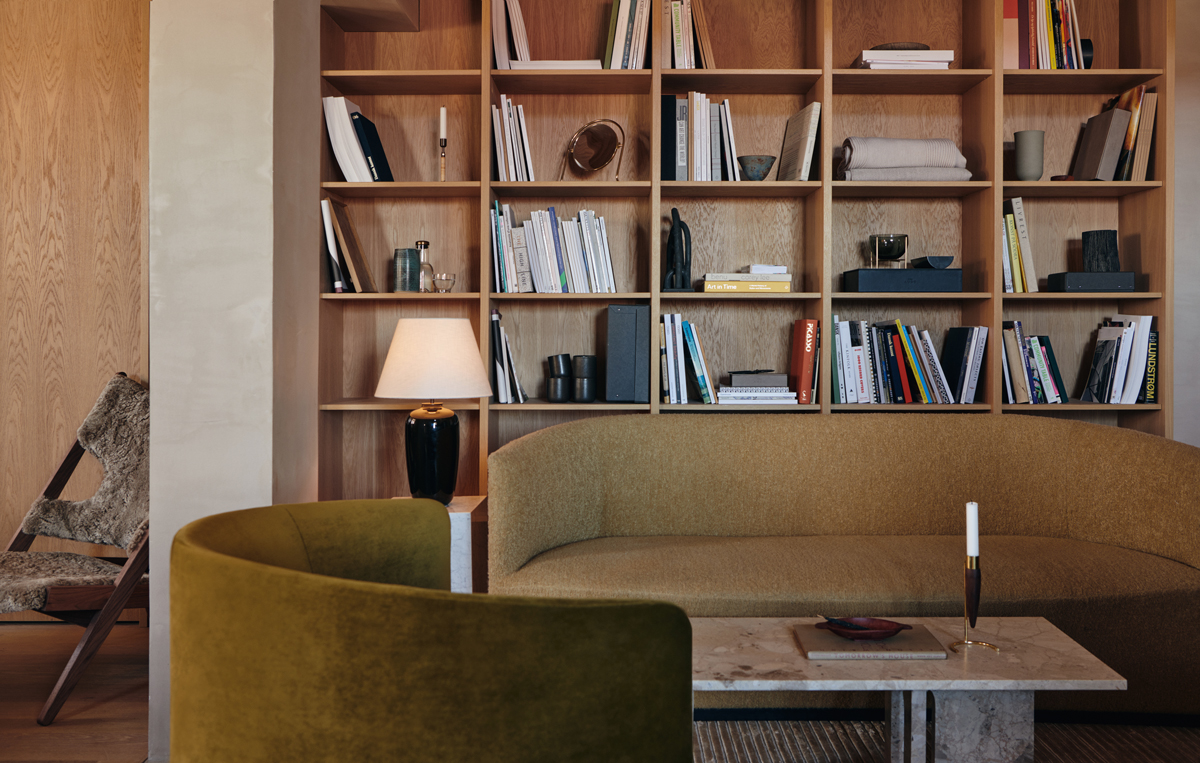
.jpg)
